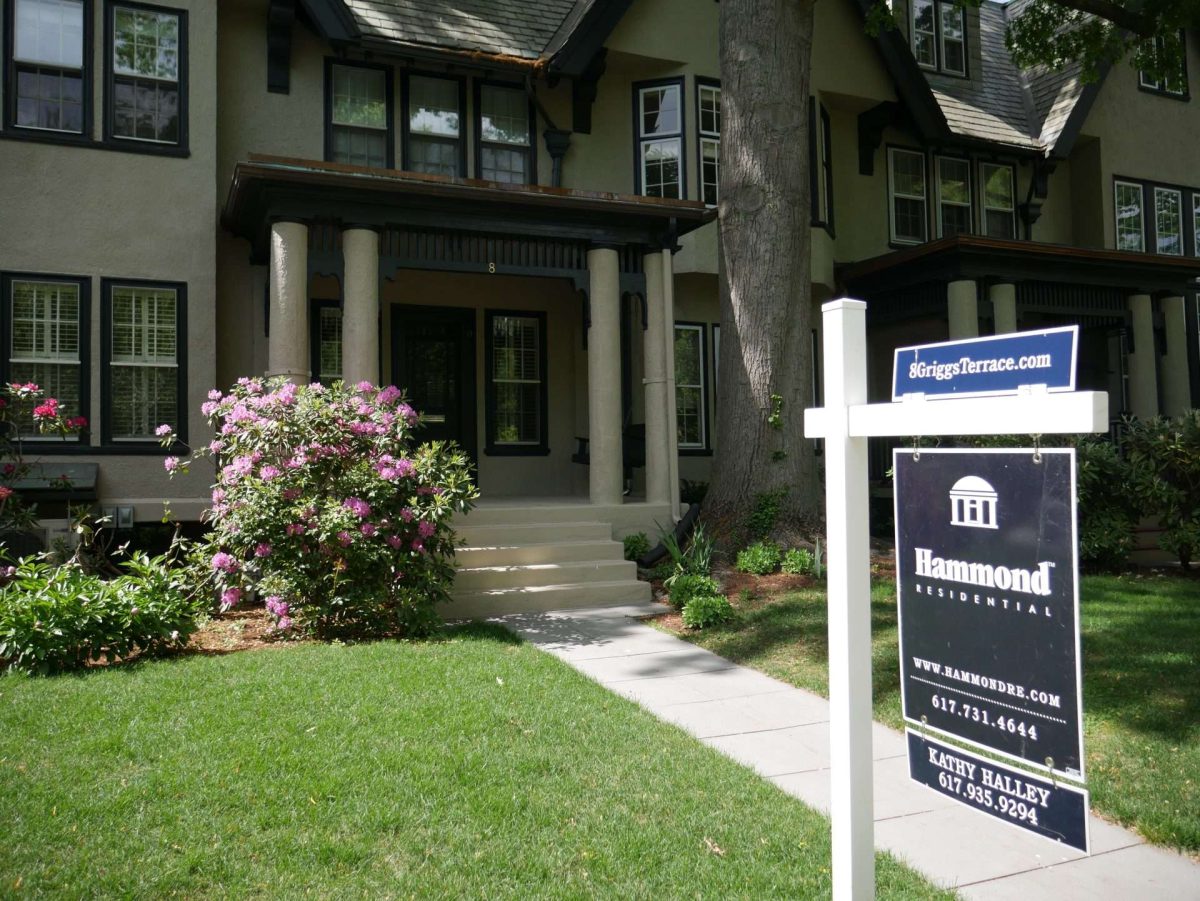T
he Rising Tide of Rental Fraud: What It Means for Landlords and Tenants
In late 2023, Jared Decker, a Florida property manager, received a call that would unravel a month‑long nightmare. A Tampa businessman discovered that nearly $10,000 of his rent had been charged to a property he never occupied. Investigation revealed a fraudster who had rented the unit under a false name, using the businessman’s bank details and stolen identity information from a Pennsylvania resident. Because the scammer had moved in before Decker’s firm, Coastal Pioneer Realty, took over, the usual screening was bypassed. The fallout included costly legal battles, missed rent, and a landlord who ultimately bore the brunt of the losses.
This isolated incident is part of a nationwide surge in leasing‑application fraud. Scammers now fabricate documents or hijack identities to secure rentals, prompting landlords and managers to tighten their processes. Greystar, the largest multifamily operator, reports that in some Atlanta neighborhoods half of applications are flagged as fraudulent. Camden Property Trust’s CEO recounted a similar identity‑theft attempt in Charlotte. While hard data is scarce—most figures come from industry groups and software vendors—interviews with managers consistently echo the same warning: leasing fraud is a growing threat.
The problem is twofold. First‑party fraud involves applicants presenting their real identity but supplying counterfeit pay stubs, bank statements, or credit reports to qualify for a unit. Third‑party fraud is more sinister: thieves steal or fabricate an entire identity, then rent, sublet, or even use the property for illicit activities, according to RealPage. The pandemic accelerated the shift to online leasing, giving fraudsters a digital playground, while AI has made it easier to produce convincing fake documents. Small landlords, who own over a third of U.S. rental units, are especially vulnerable because they often lack sophisticated tech tools.
Recent surveys underscore the trend. The National Multifamily Housing Council (NMHC) found that 70% of 70 operators surveyed in 2023 saw an uptick in fraudulent applications and payments. RealPage’s study of 400 managers in five metros reported a 75% rise in fraud. Nearly a quarter of evictions in the past three years were linked to fraudulent applications, prolonging the process and draining resources.
“Five to seven years ago, fraud was almost nonexistent,” says Chase Harrington, president and COO of Entrata. “Now we’re dealing with actors who can’t even prove they’re who they say they are.” Yet no single factor—location, building type, tenant laws—consistently predicts vulnerability. Atlanta remains a hotspot, but fraud is reported in cities across the country, including Durham, Salt Lake City, Portland, Charleston, and Boston.
The rise in fraud has spurred the growth of verification firms. Snappt, a startup that raised $100 million in 2022, now processes checks for over 2.2 million apartments nationwide. In the first half of this year, it reviewed 770,000 applications, flagging a 6.5% fraud rate, with Houston, Atlanta, and Los Angeles at the high end. Of the 2.9 million documents examined, 25,000 were from “template farms” that mass‑produce fake paperwork, and 21,540 were linked to advanced fraud rings that alter document code to evade detection.
While these tools help landlords, they also complicate the tenant experience. Properties tied up in eviction proceedings are temporarily off the market, reducing supply for honest renters. Stricter screening—often opaque and algorithmic—creates barriers, and many applicants pay hefty fees for a process that may ultimately reject them. The Consumer Financial Protection Bureau’s 2022 report highlighted error‑prone background checks and risk scores that reduce applicants to a simple thumbs‑up or thumbs‑down.
The affordability crisis compounds these issues. Rents have risen over 25% since 2020, and more than half of renter households are “rent‑burdened,” spending over 30% of income on shelter. Landlords who lose income to fraud may raise rents to recoup losses, as a 2022 Urban Institute survey found. Yet the link between fraud and rent hikes is not straightforward; it is one of many costs landlords absorb.
Some argue that the focus on fraud distracts from the core problem of housing affordability. “Fraud is a side show,” says rental housing economist Jay Parsons. “It’s exacerbating the crisis by taking units offline and tightening access.” Others, like NMHC’s Caitlin Sugrue Walter, point out that when landlords miss rent or incur fraud‑related expenses, they often offset those costs by raising fees or rents.
Snappt claims its platform reduces bias by applying consistent, evidence‑based checks rather than subjective human judgment. It offers flexible verification methods—secure document uploads, direct bank or payroll links—so applicants can prove their credentials without bias.
Despite these innovations, the landscape remains fraught. Decker reports another fraud case this year, a reminder that the problem persists. “The process has become longer and more drawn out,” he says. “Honest applicants face more hurdles because of these scammers.”
In short, leasing fraud is on the rise, driven by digital tools and a shift to online applications. Landlords are investing in verification tech, but the cost and complexity of screening are spilling over onto tenants, who already struggle with affordability. As the industry continues to adapt, the challenge will be balancing robust fraud prevention with fair, transparent access to housing.












